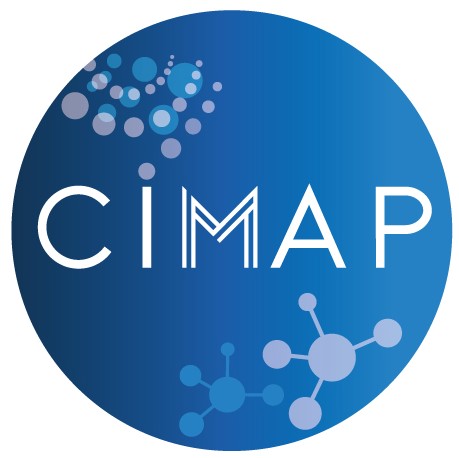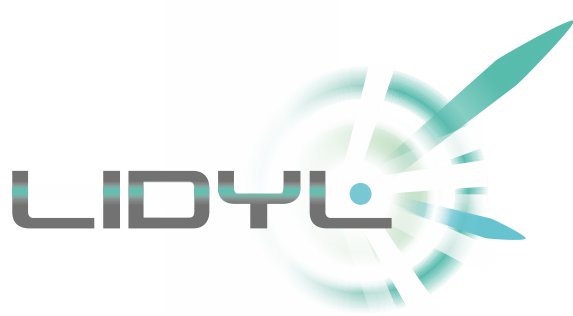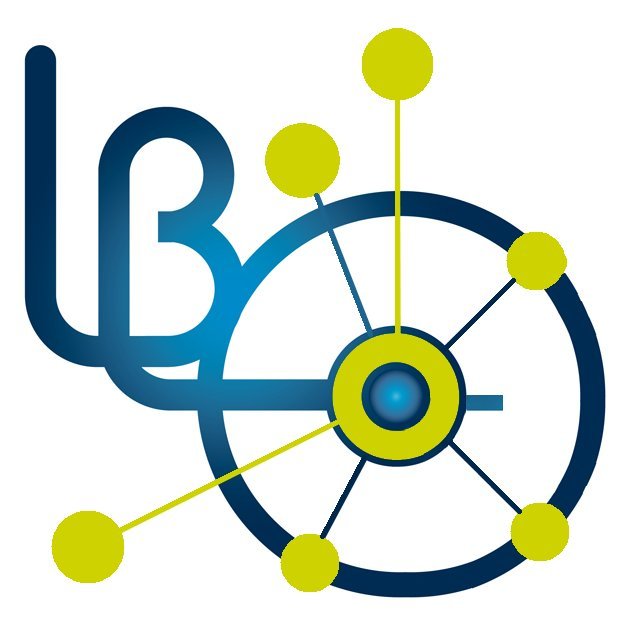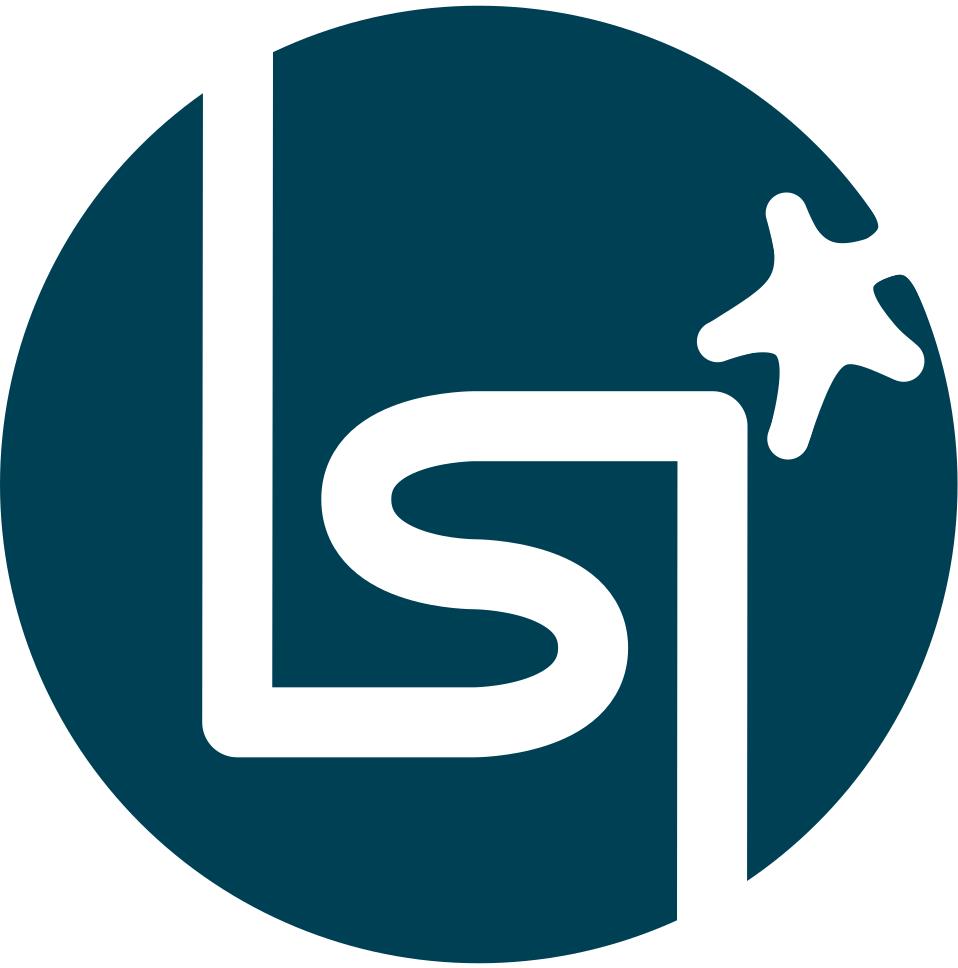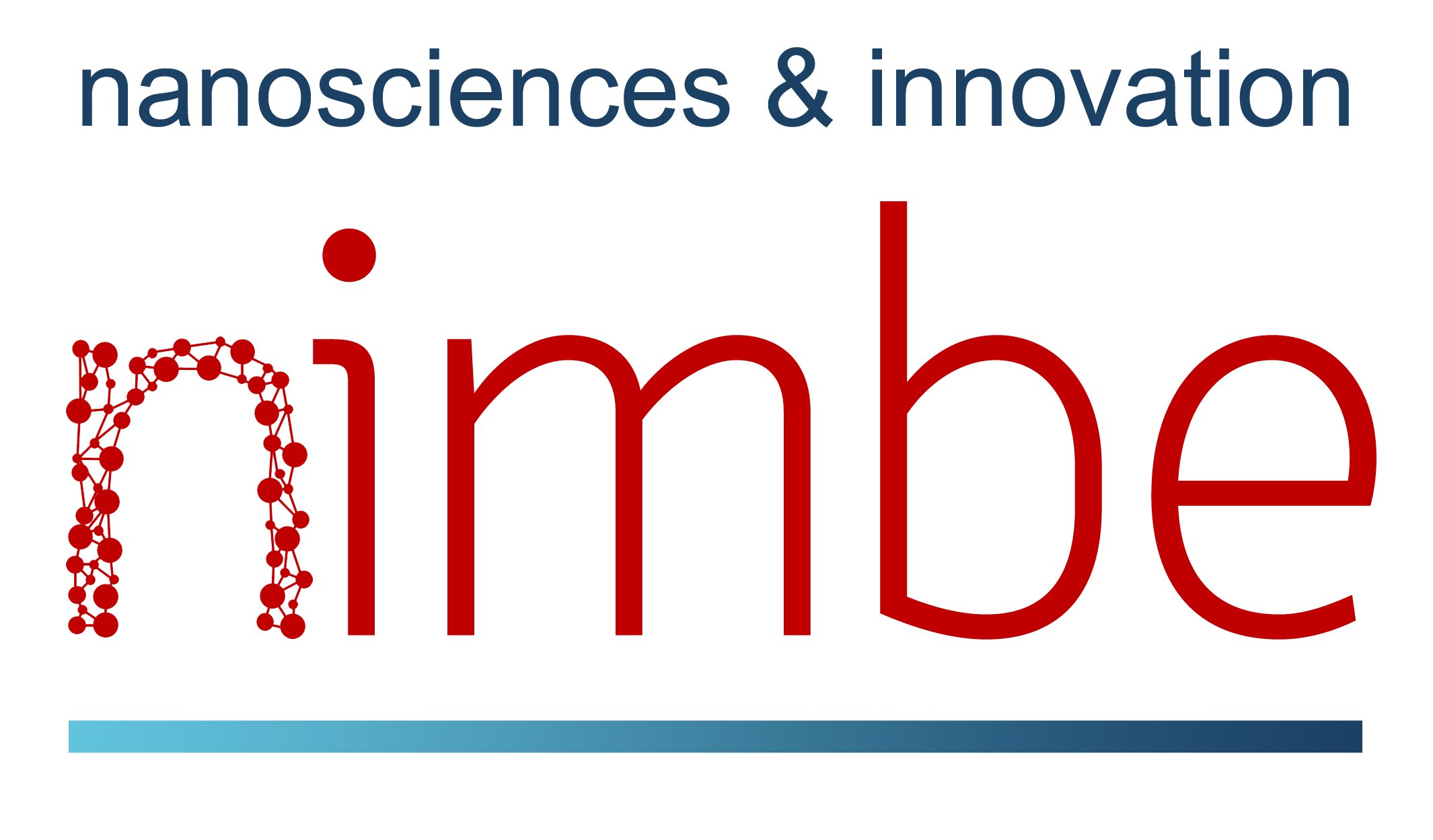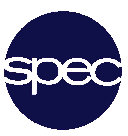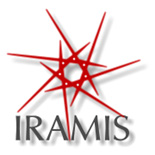interships
Theoretical investigation of the influence of adsorbed molecules on the magnetic anisotropy of magnetic thin films
Candidature avant le
22/03/2018
Durée
4 mois
Poursuite possible en thèse
oui
Contact
BARRETEAU Cyrille
+33 1 69 08 38 56
Résumé/Summary
Dans ce stage nous nous proposons d’étudier à l’aide de méthodes de calcul de structure électronique ab-initio et/ou liaisons fortes l’anisotropie magnétique de quelques systèmes simples. On considéra dans un premier temps des couches de cobalt et/ou fer en interaction avec du monoxyde de carbone. Ensuite des molécules plus complexes seront considérées. L’objectif final étant de trouver les systèmes molécule/substrat qui présentent les propriétés optimales en vue de possibles applications.
In this internship we propose to study via electronic structure methods (ab-initio and/or tight-binding) the magnetic anisotropy of few simple systems. We will first consider cobalt and iron thin films in interaction with carbon monoxide. More complex systems will be further investigated. The final goals is to find systems molecule/substrate with optimal properties in view of possible applications.
Sujet détaillé/Full description
Le nanomagnétisme est un domaine très fécond à la frontière de nombreuses disciplines. Il consiste en l’étude (et l’utilisation) du magnétisme de systèmes de taille nanométrique. Les propriétés magnétiques des nano-objets sont en générale fortement modifiées par rapport à leur équivalent volumique. L’enjeu est d’arriver à contrôler/manipuler leur propriétés magnétiques. Une des propriétés fondamentales des matériaux magnétiques est leur anisotropie qui est caractérise par des directions d’aimantation préférentielles. Récemment il a été démontré que l’interaction d’une couche mince magnétique avec des molécules pouvait modifier fortement l’anisotropie de cette couche du fait de l’hybridation entre la molécule et les atomes de la surface du substrat.
Dans ce stage nous nous proposons d’étudier à l’aide de méthodes de calcul de structure électronique ab-initio et/ou liaisons fortes l’anisotropie magnétique de quelques systèmes simples. On considéra dans un premier temps des couches de cobalt et/ou fer en interaction avec du monoxyde de carbone. Ensuite des molécules plus complexes seront considérées. L’objectif final étant de trouver les systèmes molécule/substrat qui présentent les propriétés optimales en vue de possibles applications. Ce stage pourra déboucher sur une thèse dans le cadre d’un projet européen impliquant 6 partenaires de différents pays (France, Danemark, Allemagne, Espagne).
Dans ce stage nous nous proposons d’étudier à l’aide de méthodes de calcul de structure électronique ab-initio et/ou liaisons fortes l’anisotropie magnétique de quelques systèmes simples. On considéra dans un premier temps des couches de cobalt et/ou fer en interaction avec du monoxyde de carbone. Ensuite des molécules plus complexes seront considérées. L’objectif final étant de trouver les systèmes molécule/substrat qui présentent les propriétés optimales en vue de possibles applications. Ce stage pourra déboucher sur une thèse dans le cadre d’un projet européen impliquant 6 partenaires de différents pays (France, Danemark, Allemagne, Espagne).
Nanomagnetism is an active field at the frontier of various domains. It consists in the study (and use) of the magnetism of nanometer sized systems. Magnetic properties of nano-objects generally strongly differ from their bulk counterpart. A major issue is to control/manipulate their magnetic properties. One of the fundamental properties of magnetic materials is their magnetic anisotropy which is characterized by their easy axis. It has been recently demonstrated that the interaction between a magnetic thin film and adsorbed molecules can greatly modify the anisotropy of the film due to hybridization between the molecule and the surface atoms of the substrate
In this internship we propose to study via electronic structure methods (ab-initio and/or tight-binding) the magnetic anisotropy of few simple systems. We will first consider cobalt and iron thin films in interaction with carbon monoxide. More complex systems will be further investigated. The final goals is to find systems molecule/substrate with optimal properties in view of possible applications. This internship can be pursued by a PhD in the context of a European project involving 6 partners from various EU countries (France, Denmark, Germany, Spain)
In this internship we propose to study via electronic structure methods (ab-initio and/or tight-binding) the magnetic anisotropy of few simple systems. We will first consider cobalt and iron thin films in interaction with carbon monoxide. More complex systems will be further investigated. The final goals is to find systems molecule/substrate with optimal properties in view of possible applications. This internship can be pursued by a PhD in the context of a European project involving 6 partners from various EU countries (France, Denmark, Germany, Spain)
Mots clés/Keywords
nanomagnétisme, structure électronique, anisotropie magnétique
nanomagnetism, electronic structure, magnetic anisotropy
Compétences/Skills
Théorie de la fonctionnelle de la densité
liaisons fortes
Density functional theory
tight-binding
Logiciels
Fortran, python
quantum espresso
ATK/VNL

